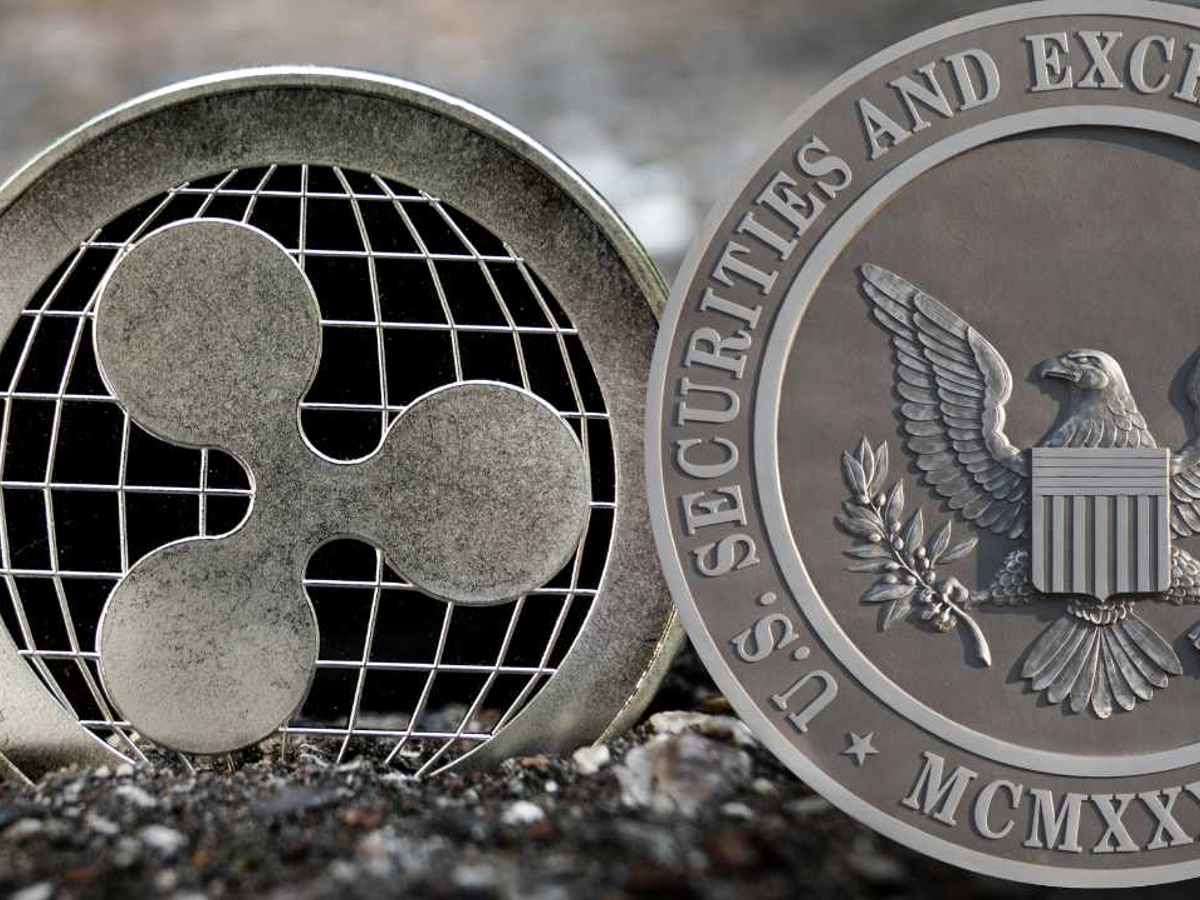The case between Ripple and the United States Securities and Exchange Commission raised numerous concerns about cryptocurrency that baffle crypto traders and investors.
Despite the tremendous growth cryptocurrency plays as a digital asset, one of the most powerful altcoins is up against the Securities and Exchange Commission that can determine the crypto’s growth in the United States.
The Ripple lawsuit against the Securities and Exchange Commission can be a difficult topic to follow. Even the experts in the cryptocurrency industry find the lawsuit confusing, with the potential of misleading uninformed investors and traders.
The US government seems to be in a constant love-hate relationship with cryptocurrencies. On the one hand, the legislation shows no objections to legitimizing crypto coins and tokens. According to Federal Reserve Chair Jerome Powell, the US federal reserve has no intention of banning cryptocurrencies from the country.

On the other hand, the Securities and Exchange Commission struggles with classifying Ripple (XRP) as securities.
Unfortunately, the case filed against Ripple also affects other crypto wallets and trading services.
For example, the Securities and Exchange Commission filed a complaint against Coinbase for allegedly selling XRP despite knowing the coin was a security.
More importantly, since SEC could classify Ripple as a security, what does that imply with Ripple’s blockchain nature? Despite Ripple asserting its decentralization, Ripple reported it has “no mining or miners whatsoever”.
Contrary to the fact, Ripple runs through a “centralized blockchain” to increase efficiency and reliability. Ripple also happens to possess a global freeze functionality that allows the company to stop the entire network.

